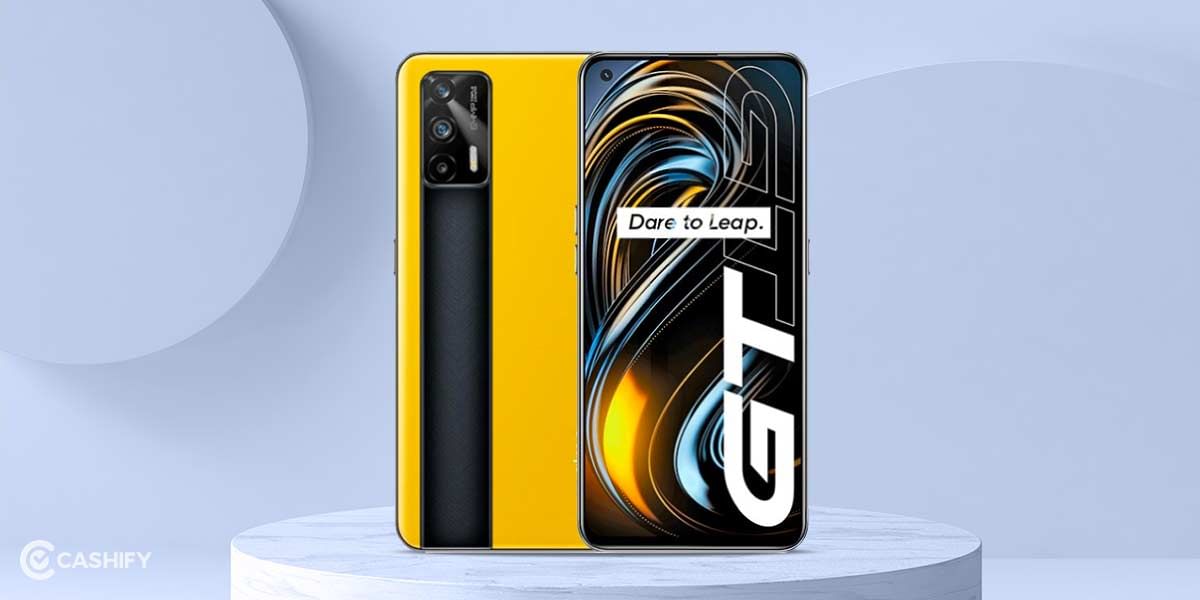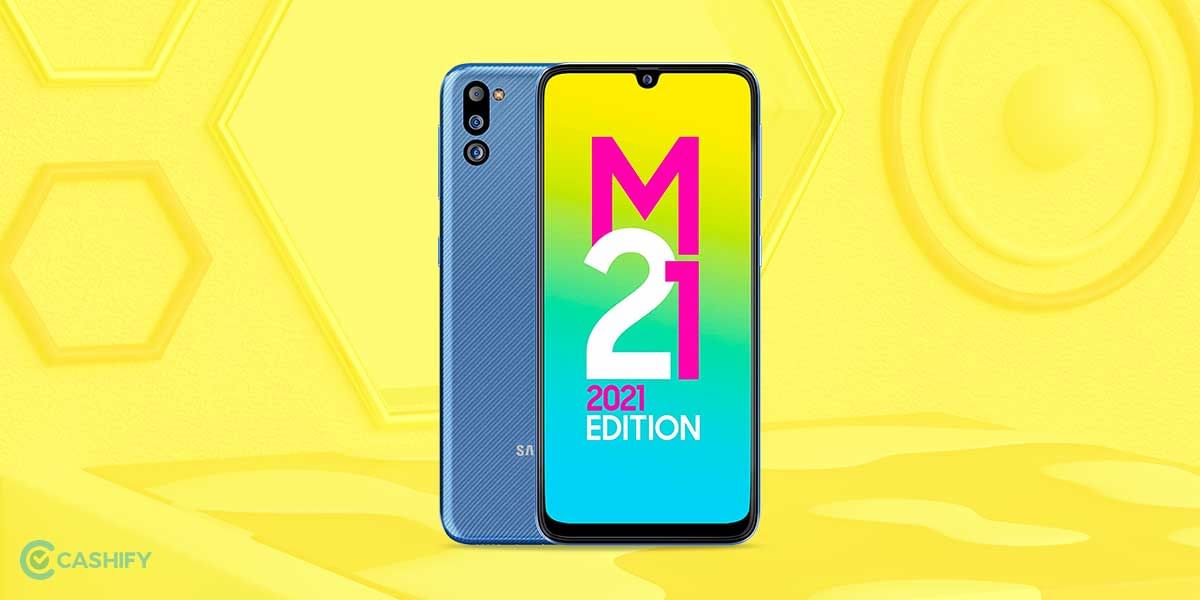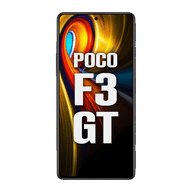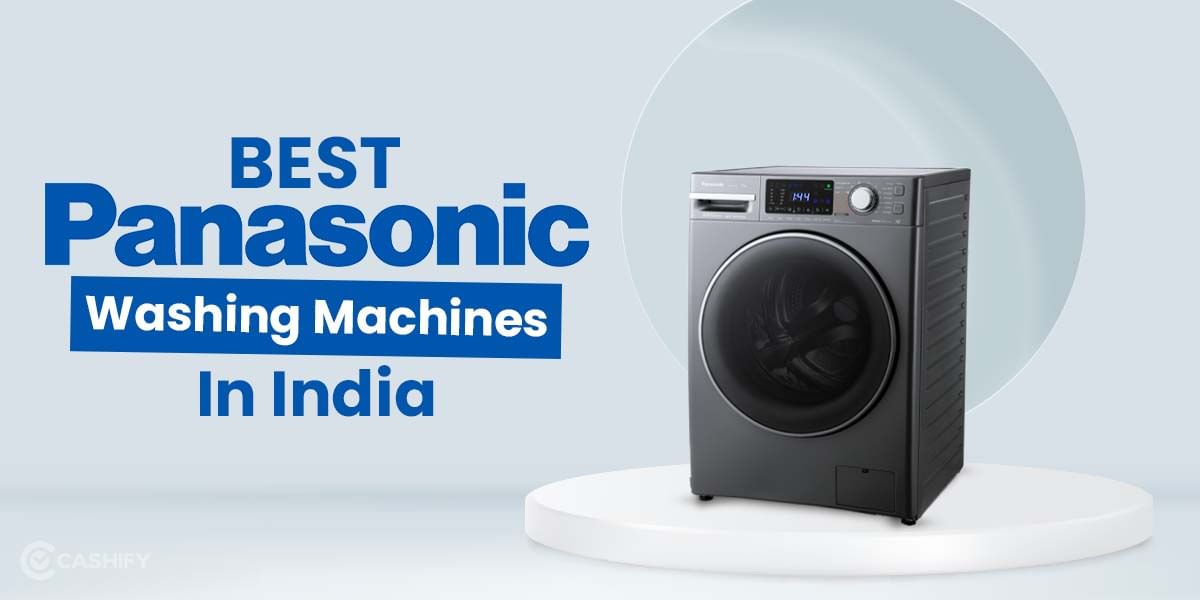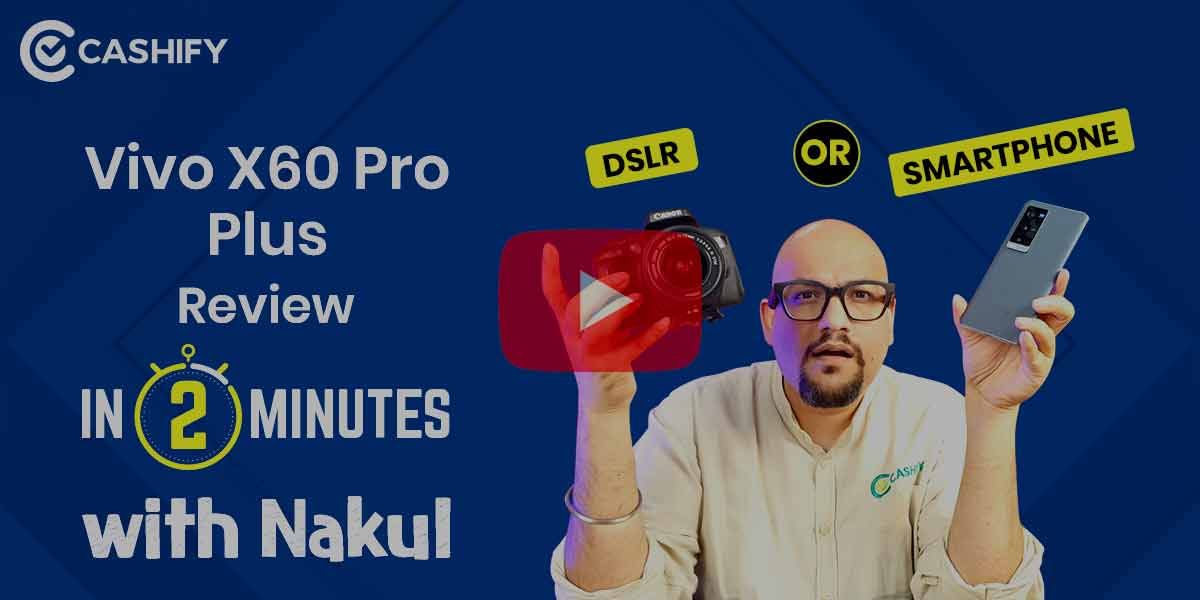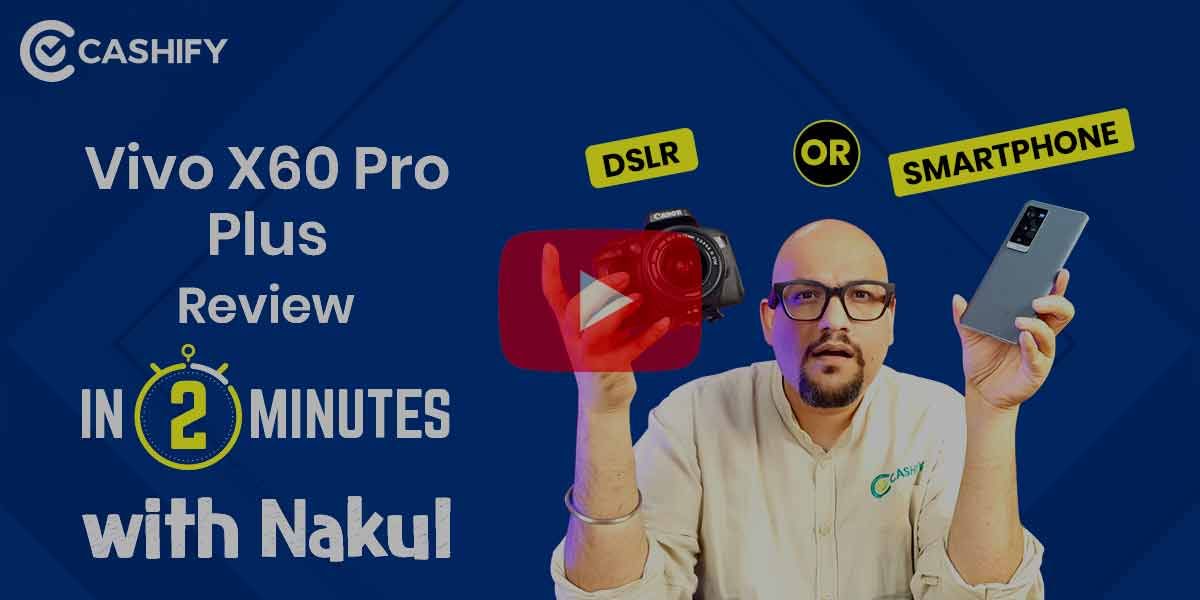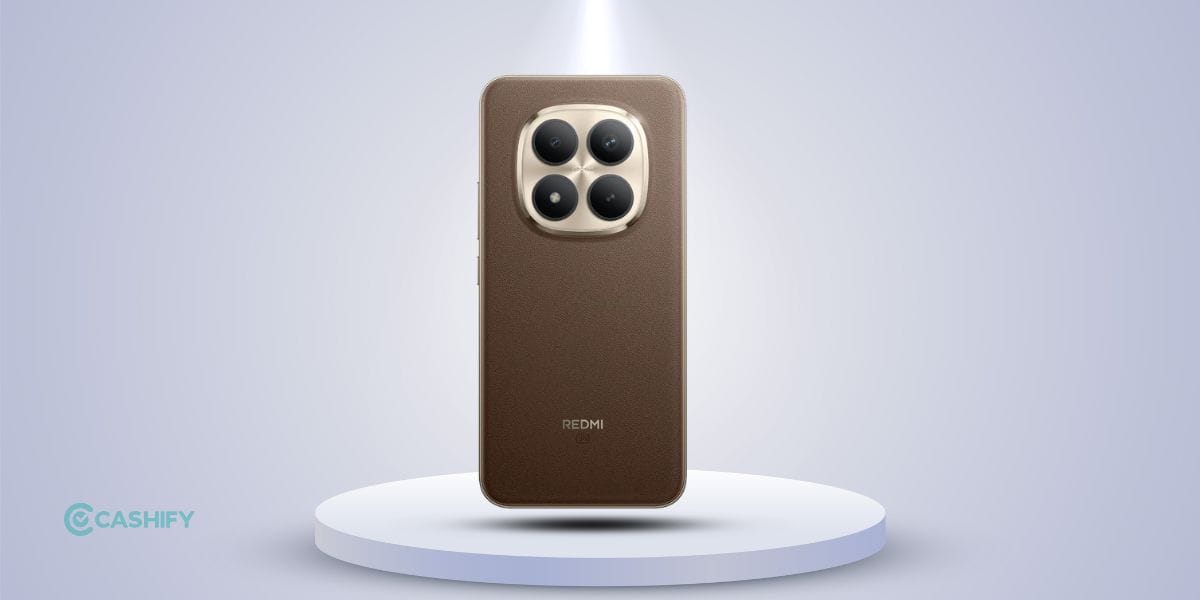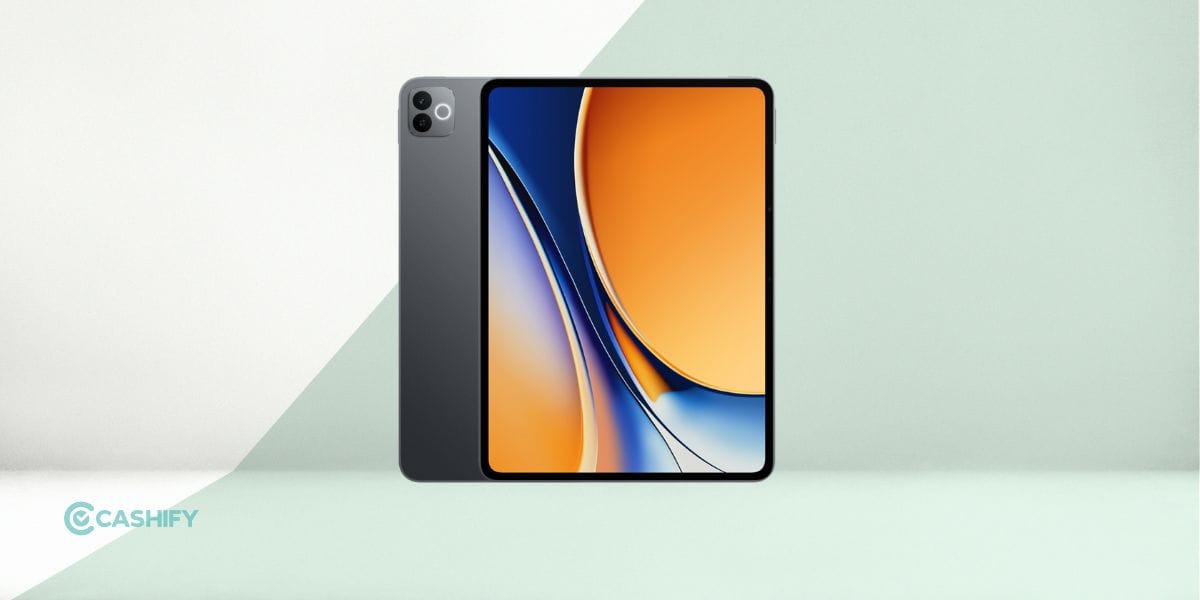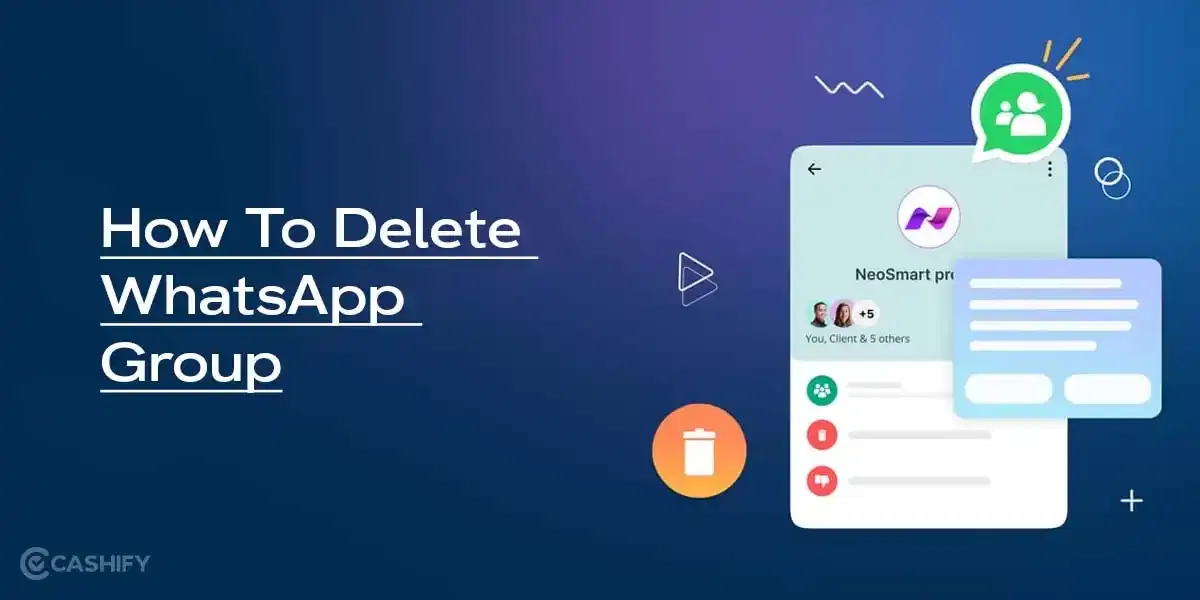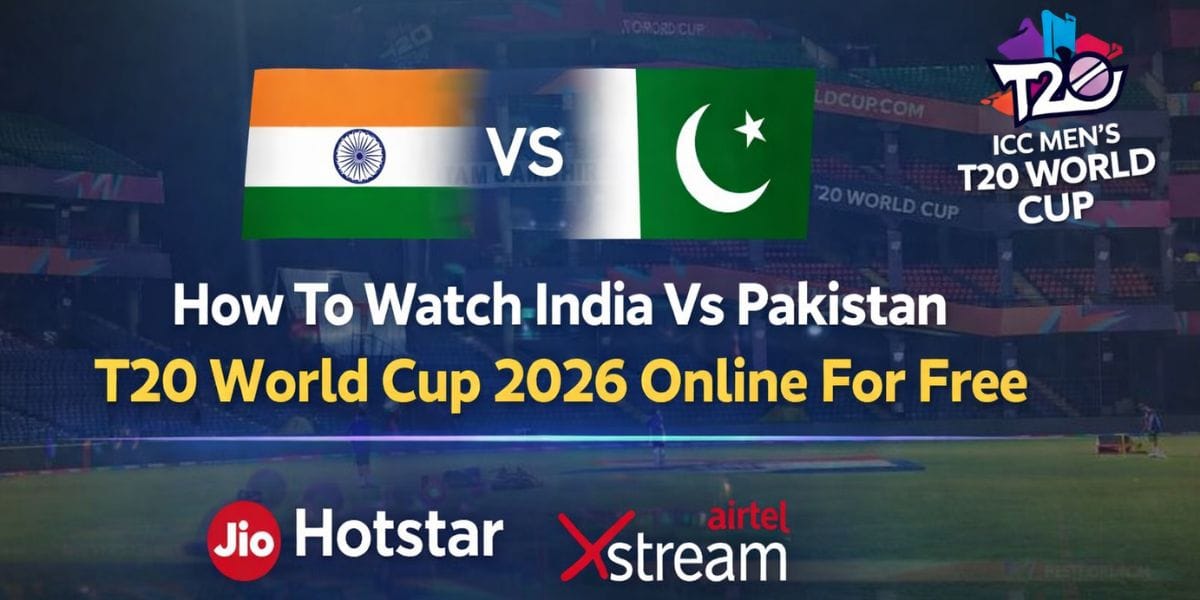Poco F3 GT Review
Poco F3 GT is the new beast in town (metaphorically). Be it’s unique and thoughtful design to the powerful chipset to long-lasting battery life, Poco F3 GT can be summoned as one of the best flagship killers with its affordable pricing starting at Rs 26,499/-. The phone gets some USPs in bullet points including a gaming-oriented design and features, 5G support, and more. It competes head-on with OnePlus Nord 2 5G. You gotta know the phone in and out to decide whether to buy it or not. Here’s a hands-on review on the Poco F3 GT that I was able to pen after using the phone for more than a week.
Poco F3 GT Price in India, Variants, Availability
Poco F3 GT is a hand-down flagship killer in many aspects including the price to performance ratio. Available via Flipkart, Poco F3 GT with 6GB RAM and 128GB storage fetch a price tag of Rs 26,499/-. You can easily get 2GB more by paying additional Rs 2,000/- (Rs 28,499/-). Finally, the topmost variant that packs in 8GB of RAM and 256GB of storage is available at Rs 30,499/-. Check out the super impressive Gunmetal Silver and Predator Black colour variants that will lure onlookers without any second thought.
Poco F3 GT Box Contents
Poco F3 GT Specs at a glance
Before we talk in detail about the Poco F3 GT let’s see what the on-paper specs look like?
- Display:
- Processor:
- Storage:
- Software:
- Rear cameras:
- Front camera:
- Battery:
- Weight:
- Dimensions:
Poco F3 GT Design and Build
Poco F3 GT outshines its rivals thanks to the gaming-focused design. The phone shines with flying colours when it comes to design. It is the first time Poco is using a glass sandwich design so that the back panel is actually glass with a matte texture to it. This keeps the fingerprints at bay in most cases. F3 GT features many gamer-y gimmicks be it RGB lighting to physical triggers for gaming and so on.
The rear packs in a triple camera which is vertically stacked in a camera bump which is a rectangle but with extremely curved edges. The RGB light flows through the vertical stack and can be programmed. Perhaps, RGB module is consistently raising the stakes of gaming phones so F3 GT is one of them to flaunt it. There’s Poco branding at the middle and the phone has some racing-inspired lines drawn on its rear panel which looks flamboyant.
Moving on, we have two physical buttons on the right shaft with sliders that will look at the buttons inside the panel when not needed. With tactility and responsiveness, both the buttons called the Maglev Trigger will surely raise the bar of your gaming chops although let’s see the review in the “Performance” section.
Poco F3 GT uses a side-mounted fingerprint scanner with the power button on the right. A tactile volume rocker sits on the left side. There’s a bottom-firing speaker, a primary mic, a SIM card slot, and a USB-C port at the bottom. Finally, a secondary loudspeaker takes place on the top along with a secondary mic.
Poco F3 GT Display
Poco F3 GT being a flagship-grade smartphone sports a 6.67-inch 10-bit AMOLED panel boasting HDR10+ and 120Hz refresh rate. The display is FHD+ with 395 PPI density and has an aspect ratio of 20:9.
Amidst the glamour of smartphones with punchy AMOLED panels and 120Hz refresh rate, Poco F3 GT does offer excellent display tech thanks to the use of the Samsung E4 AMOLED panel. The display comes with a 120Hz refresh rate and 480Hz touch sampling rate and I must say using the phone is a blissful experience. The phone registers even the slightest of a tap on the screen and, it is highly responsive.
You get both Widevine L1 and HDR10+ certification with Poco F3 GT which means you can view HD and HDR content on OTT platforms with ease. Certainly, the Poco F3 GT is one of the best devices in the display department at an affordable price tag.
The colours are punchy, the display is huge with a tiny punch-hole cut-out that doesn’t take much space, a wide dynamic range, and the display is extremely bright at 1300 nits of peak auto and 500 nits of peak manual brightness. To put things into perspective, viewing the display under harsh sunlight isn’t an issue on the F3 GT. The tall aspect ratio aids in enhanced gaming and media consumption experience to a great extent.
The 120Hz refresh rate on F3 GT is adaptive which means it can toggle between 60Hz and 120Hz as and when required. There’s no variable refresh rate here which would have been a great feature but hey, the display gets the majority of things right.
Poco F3 GT Performance
Talking about the performance rig on the device, you get a MediaTek Dimensity 1200 5G 6nm octa-core chipset clocked at a max 3.0GHz. The CPU is flanked with a Mali-G77 MC9 GPU, UFS 3.1 storage of up to 256GB, and up to 8GB of LPDDR4X RAM.
If you put Dimensity 1200 SoC against Snapdragon 860 and 870 chipsets, the former faltered in many ways. But hey, Dimensity 1200 SoC is not a weak processor in any sense as it has managed to grab excellent numbers of benchmarking platforms as well as real-world tests.
Daily activities like texting, calling, browsing, toggling between a tonne of apps does not even scratch the surface as everything is pretty smooth. Graphics-intensive games are probably the real avenue to test the performance and that’s where Dimensity 1200 SoC shines. I played BGMI at HD/HDR graphics and Ultra frame rates and it runs pretty smooth. Since even if you have activated 120Hz, the game is limited to 60Hz which is a deal with the majority of phones out there.
The device arrives with an 8-layer cooling structure and a vapour chamber that helps with thermal management. F3 GT is a gaming phone and it is intended to dissipate heat and prevent a drop in performance as a result. Turns out, it does its job efficiently warding off overheating issues although it gets a bit warm though. I have seen an F3 GT bursting in flames days after a user purchased it. Hopefully, that issue was restricted to that particular unit and no other units will be affected. But I had to mention it to keep you guys informed.
Games like COD Mobile, Asphalt 9: Legends, and others are always available on the higher graphics and frame rate settings. Just like the CPU, the GPU to lags behind that of the Adreno counterpart but at the end of the day, you gain something and you lose something.
Poco F3 GT arrives with Maglev Triggers which are physical buttons for gaming purposes. Talking about their performance, the buttons are tactile and the haptic feedback associated with them is excellent. You can map both the buttons to fire, duck, run, and so on. However, Maglev Triggers can be used only for gaming which appears as a missed opportunity as Poco could have allowed users to program it to do non-gaming functions too.
Plus, pressing physical buttons becomes an arduous task at times as it puts some resistance. You can easily use the on-screen controls to win over such as during a fistfight or a hot-drop.
Poco F3 GT Software
You get Android 11-backed MIUI 12.5 out-of-the-box as software on F3 GT. V12.5 is an intermediate version between V12 and V13 and with a POCO launcher, it allows for a tonne of customizations such as third-party icon packs. Features like Dark Mode, AOD, a lot of bloatware are included although Poco says that the ads are fewer to none on the Poco line of smartphones.
Poco F3 GT Camera
The flagship-grade F3 GT packs in a triple rear camera setup. This includes a 64MP primary sensor with PDAF, f/1.7 aperture, 26mm focal length; a secondary 8MP ultrawide snapper with 120-degree FoV and f/2.2 aperture; and a 2MP tertiary macro sensor with f/2.4 aperture. There’s a 16MP selfie shooter mounted at the front as well.
According to Poco, it is using sensors from different manufacturers one of which is the OmniVision OV64B although it is likely that you will get a different sensor instead.
In general, the Poco F3 GT captures quality shots during the daytime. This includes more contrast when compared to Realme X7 Max 5G which is one of its competitors, however, it lacks in details and sharpness upon zooming in. Apparently, F3 GT oversharpens images which becomes too annoying to look at when you zoom on any image. Perhaps Poco could ship out some software tweaks to get better shots.
HDR processing on F3 GT is a bit aggressive although you will end up taking good shots in most cases. Darker areas are where the sensor fails to produce details. The same applies to the 8MP ultrawide snapper which is facing the same issues but with a wider field of view.
Granted that it is using a small sensor which means it won’t be able to capture more details out blasting its hardware capability. The UW snappers on its rivals like X7 Max are far more versatile. I won’t say the UW shots are bad but they are average. I couldn’t find an average camera performance since the F3 GT is a gaming phone but you can always look out for the Nord 2 5G for overall performance.
Now we are left with the last tertiary camera setup i.e. macro sensor. Even though it has a 5MP resolution, the shots are average. In fact, I would instead use the primary snapper, zoom a bit to get macro shots and that’s probably what other reviewers have to say about the macro snapper.
Low light photography will surely disappoint you although that is based on the intensity of artificial light available. You can always use flash to get better images. Overall, low light photography has a creepy level of noise which makes the shots unusable.
Talking about the selfie shooter, daytime photography is better on the sensor. It is usable for social media, video-calling, and other purposes. You can use portrait mode where the edge detection and application of the bokeh effect is really good.
Poco F3 GT Battery
As advertised, the device gets a 5,605 mAh non-removable battery with 67W fast charging rated with 0-100% in just 42 minutes.
I tested the phone in and out to find how its battery performs. It’s 5,065 mAh of blessed backup that will last for a day even on moderate to heavy usage. It easily gives you 5 to 6 hours of SOT on extreme usage while you can extend the battery to 1½ days on light to moderate usage.
Did battery drain while watching your favourite movie? “No problemo” as the phone comes with Xiaomi’s first 67W fast charging tech. It is super fast and takes just 45 to 50 minutes (approx) to juice up the mammoth to its full capacity and you are back in the game.
Poco F3 GT Audio, Connectivity, Biometrics
If you want a one-liner summary on the speakers, I would say the stereo speaker setup mounted on Poco F3 GT is simply amazing. Both the right and the left channels produce balanced stereo output and no matter how you hold the phone, you won’t muffle any of the speakers which is usually the case whilst gaming. The speaker may not be the best but it is definitely on the top contender list in terms of loudness and clarity in the mid-range segment.
Poco F3 GT is equipped with plenty of connectivity features including Bluetooth v5.1 with LE and A2DP, dual-band Wi-Fi 6, GPS (BDS, Galileo, Glonass, and A-GPS), IR Port, and a USB-C 2.0 port for data transfer and charging the phone. There’s no 3.5mm headphone jack.
Talking about cellular connectivity, you get DSDS with 5G support and 5G carrier aggregation. Call quality on 4G Airtel and Jio (since there’s no 5G in India yet) are as good as they can get. Unless you have some issues with the proximity sensor (Which I didn’t have and neither I heard about), connecting to calls and accessing the internet is super smooth. For information, the device supports N77 and N78 5G bands.
Being a flagship killer, I would have expected an under-the-display fingerprint scanner but the Poco F3 GT has a side-mounted FPS instead. In any case, the FPS is snappy and reliable and it is convenient when you think about it. Unlocking the phone takes less time than you can blink so the majority of the time. If that’s not what you are looking for, there’s a snappy and reliable Face Unlock mechanism too. You just have too many options to unlock the phone securely.
Poco F3 GT Pros & Cons
Pros
- Dimensity 1200 chipset
- Maglev Air Triggers
- 67W fast charging
- Liquid cooling system
- 120Hz refresh rate screen
- Dual-stereo speakers
Cons
- No wireless charging
- Bulky device
Poco F3 GT is priced in an aggressively Rs 25K to Rs 30K bracket and shares the same room with the OnePlus Nord 2 5G. Overall, the phone is great for gaming as it has too many gaming features and not to forget the superfast chipset and Maglev Trigger among others. On the other hand, the cameras aren’t that great whereas Nord 2 5G does both the job pretty flamboyantly. Also, F3 GT misses on NFC.
If your sole reason to buy the phone is for media consumption and gaming, be my guest. However, Nord 2 5G has a superior software update program that gives any of its competitors a tough fight. For rivals, you have Realme X7 Max in the house as well. If you still wanna be in Xiaomi’s ecosystem, Poco F3 GT is any day better than any other Xiaomi smartphone unless you are considering flagship ones.


